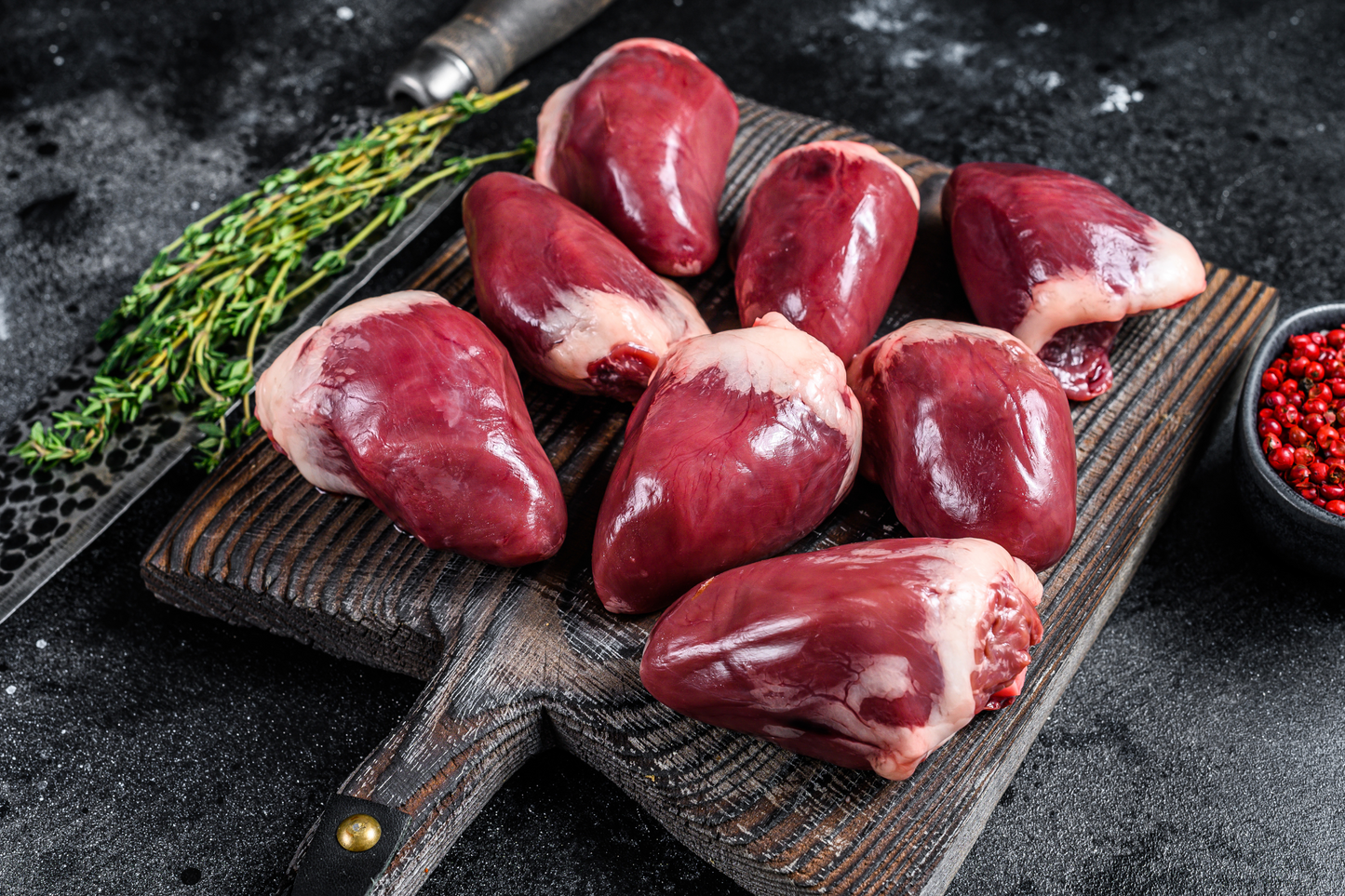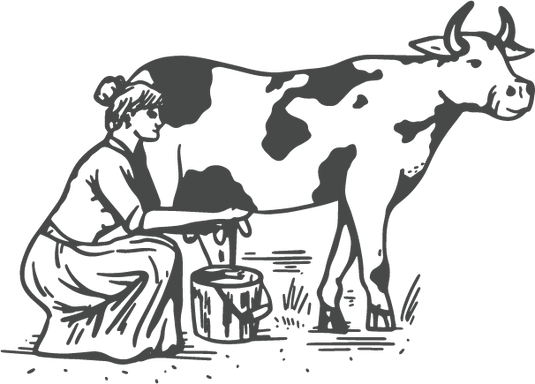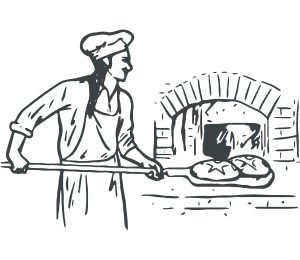

Low in PUFAs, Custom-Feed
Modern turkey contains significantly higher levels of PUFAs than they did in the past. This shift is primarily due to changes in the turkey’s diet, driven by the mass production of corn, soy, and other PUFA-rich ingredients used in conventional feed. And while pasture-raised turkeys may have access to forage, they still require supplemental feed, which is often rich in PUFAs. Therefore, even pasture-raised turkey can still have high levels of omega-6 fatty acids, because what turkeys eat directly impacts the types of fat and quality of meat you consume. That’s why at Nourish, we’ve developed a custom-made low-PUFA, nutrient-dense feed for our birds, ensuring their meat contains lower levels of inflammatory PUFAs and higher levels of metabolism-supporting fats.
On top of that, most store-bought turkeys are pumped with a saline solution, phosphates, and preservatives to enhance flavor, retain moisture, and extend shelf life. These solutions often contain sodium nitrites, sodium benzoate, and other additives, further altering the nutritional profile of the meat.
By prioritizing better feed and cleaner processing, we ensure that our turkeys provide real, nourishing food—free from unnecessary additives and harmful fats. When you choose Nourish, you’re not just getting a turkey; you’re getting meat you can trust, raised with integrity and care.

Mobile Pasture-Raised for Optimal Nutrition
Turkeys raised on pasture enjoy a diverse, nutrient-rich diet, which includes not only supplemental feed but also fresh grasses, plants, and insects. This variety enhances their nutrient intake, which is then passed on to you through the meat you consume. Pasture-raised animal products are richer in fat-soluble vitamins. For example, Vitamin D levels in animal fats are influenced by sunlight, which enables animals to synthesize vitamin D in their skin and store it in their fat. Additionally, Vitamin K2 levels in animal fat are impacted by their diet, with grass-grazing animals having higher levels of this essential nutrient.
In contrast, animals confined to buildings or cages are limited to their supplemental feed, leading to a less varied nutrient profile and, ultimately, a less nutrient-dense product.
At Nourish, we take it a step further with mobile pasture-raised practices, where our turkeys are moved to a fresh patch of grass daily. This ensures they have continuous access to fresh grasses and insects, providing them with a more varied and nutrient-dense diet. Unlike the generic “pasture-raised” label—which often lacks regulation—our mobile system prevents land degradation, preserves vegetation, and avoids the soil issues caused by prolonged animal presence. Regularly rotating the turkeys allows the land to recover, supporting turkey health, environmental sustainability, and, ultimately, your health.

Healthier Turkeys, Free of Pharmaceuticals
Healthy animals don’t need pharmaceutical crutches. Our turkeys are raised in optimal conditions—mobile pasture-raised with daily access to fresh grass, clean air, and space to express their natural instincts. Unlike confined birds that require constant antibiotic interventions due to poor living conditions, our turkeys aren’t trapped in their own waste or exposed to airborne toxins. Instead, they breathe fresh air, forage freely, and benefit from nutrient-rich grasses that support their gut and immune health. While turkeys can’t survive on grass alone, regular access to fresh pasture provides key nutrients and fiber, promoting overall well-being.
This natural lifestyle eliminates the need for routine antibiotics, vaccines (including mRNA vaccines), hormones, and dewormers. Industrial turkeys, crammed into barns or cages and unnaturally fast growth where they can't walk properly, rely on daily antibiotics in their water and an aggressive vaccine schedule just to survive. In contrast, our pasture-raised turkeys exercise more, experience less stress, and develop stronger immune systems, resulting in healthier meat with superior nutrient density. By prioritizing regenerative farming, we raise resilient turkeyss that rarely get sick, avoiding the pharmaceutical dependence of conventional turkey production.



